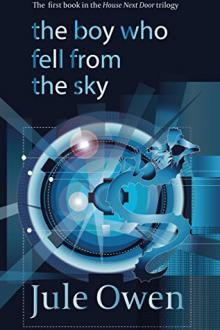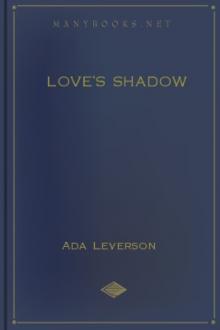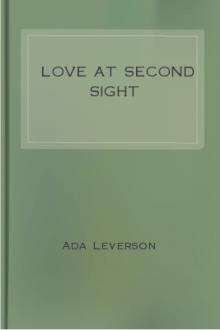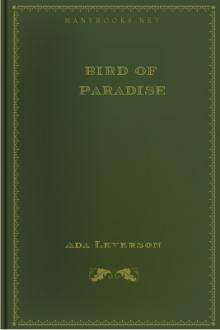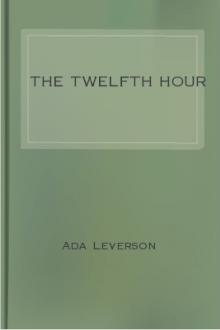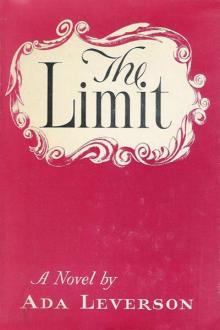Tenterhooks
Book Excerpt
Archie was called and came in, dragging his feet, and pouting, in tears that he was making a strenuous effort to encourage.
'You must be firm with him,' continued Bruce. 'Hang it! Good heavens! Am I master in my own house or am I not?'
There was no reply to this rhetorical question.
He turned to Archie and said in a gentle, conciliating voice:
'Archie, old chap, tell your mother what it is you want to see. Don't cry, dear.'
'Want to see the damned chameleon,' said Archie, with his hands in his eyes. 'Want father to take me to the Zoo.'
'You can't go to the Zoo this time of the evening. What do you mean?'
'I want to see the damned chameleon.'
'You hear!' exclaimed Bruce to Edith.
'Who taught you this language?'
'Miss Townsend taught it me.'
'There! It's dreadful, Edith; he's becoming a reckless liar. Fancy her dreaming
Editor's choice
(view all)Popular books in Fiction and Literature, Romance
Readers reviews
- Upvote (0)
- Downvote (0)
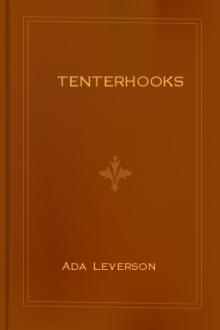
 Free Download
Free Download